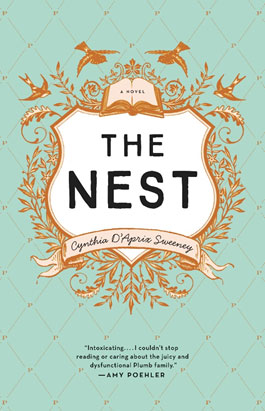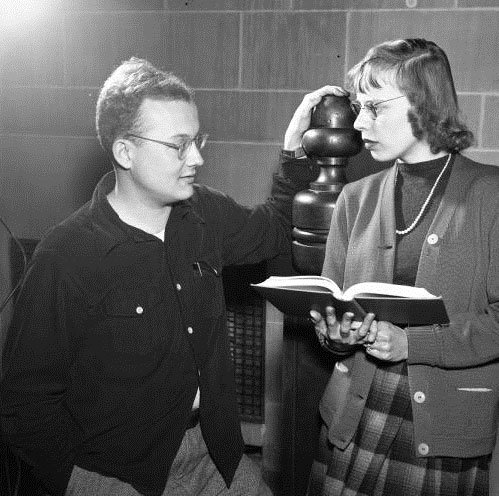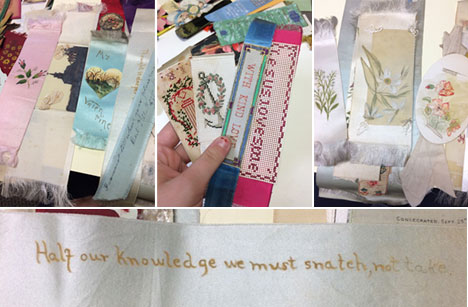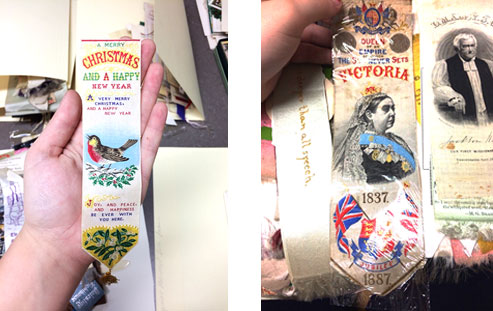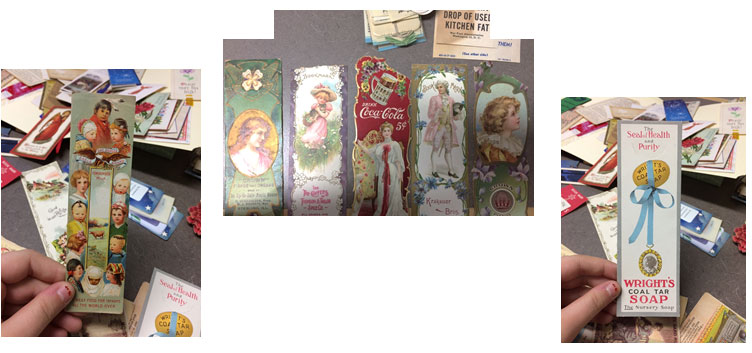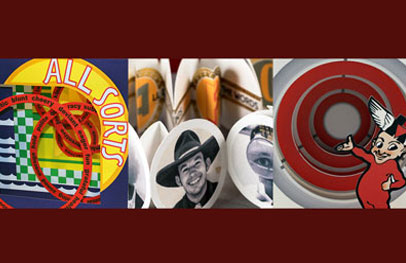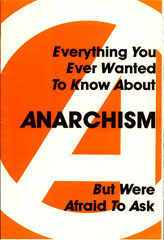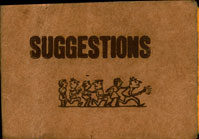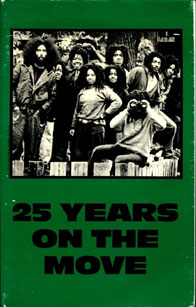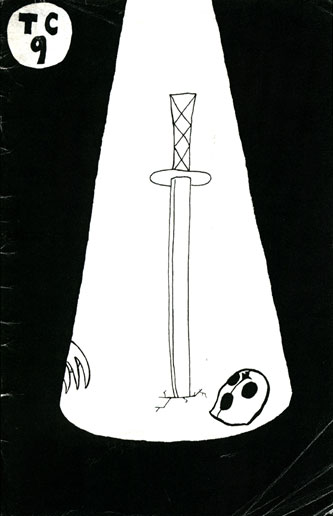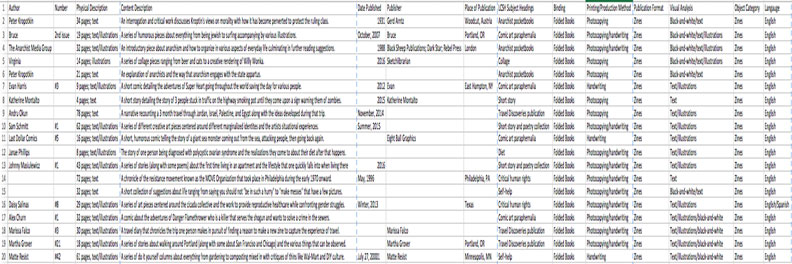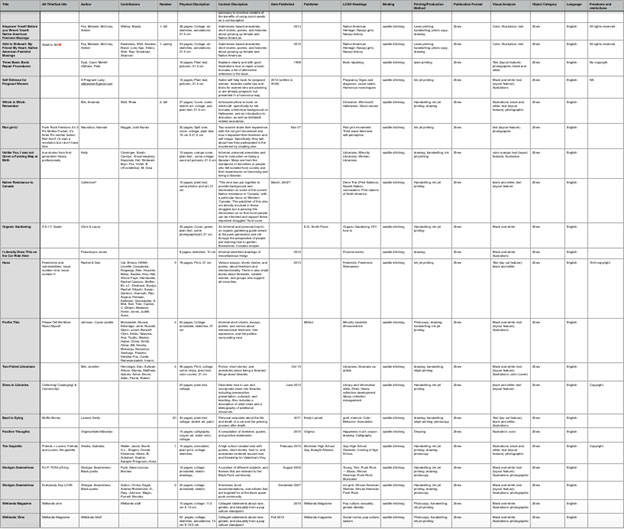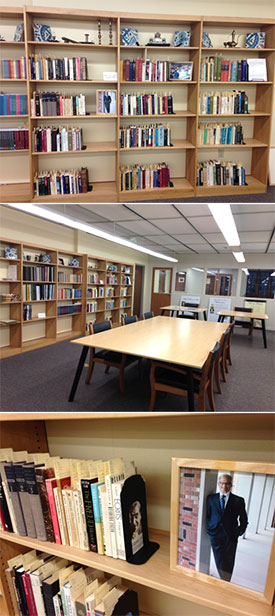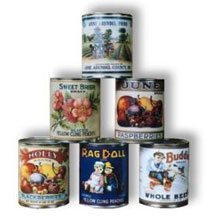*Check back later this summer for exciting fall 2017 programs!
FEBRUARY
- Saturday, February 25: Celebrate African American Storytelling in the Rocking Chair Room with Kimi Irene Ginn.
Kimi Irene Ginn will join the Rocking Chair Reading Room to share the traditions of African American Storytelling and celebrate Black History Month. Join us for this wonderful morning. We will also be showcasing books for children that celebrate diversity and inclusion, and as usual, have a wonderful art activity! Kimi’s programs are packed with information and activities. She provides a fun way to experience the historical, educational, and entertaining aspects of storytelling. Learn more about her programs at: imikenterprises.com/. Collins Memorial Library Rocking Chair Reading Room, 10:00–11:30 a.m.
MARCH
- Tuesday, March 7: Behind the Archives Door
Professor Eric Orlin will discuss a 1538 printed edition of Plutarch’s Lives held in the Collins Library collection. Plutarch was a prolific Greek writer of the early 2nd century CE, leaving us more different texts than any other ancient author. He was also one of the most popular authors throughout the Middle Ages and the Renaissance, as most of his works offered moral guidance on how individuals both great and small should live their lives. This presentation will discuss the place of the Collins Library text in the context of early printing as well as focusing on some oddities of our particular text and the story of its arrival at Puget Sound. All are welcome for light refreshments and an informal lecture. Archives & Special Collections Seminar room, 4:00–5:00 p.m. - Wednesday, March 8: 30 Years of Bookmaking at Bloodroot Press
Jean Buescher Bartlett, founder and owner of Bloodroot Press, an Ann Arbor-based studio and binder will talk about where she gets ideas and how she has incorporated them into her limited edition letterpress and one-of-a-kind artists’ books over the last 30 years. 5:30–6:00 p.m. coffee/conversation, 6 p.m. presentation, Library 020. - Wednesday, March 22: Chasing Elephants: Conservationists, Politicians, Farmers and the Problem of Ivory. Rachel DeMotts, Professor of Environmental Studies and Director, Environmental Policy and Decision-Making, and Parakh Hoon, Professor of Political Science, South Puget Sound Community College. Coffee and conversation, 5:00–5:50 p.m. in the Elephant Gallery. Lecture at 5:30 p.m., Collins Library Room 020.
APRIL
- Tuesday, April 25: Library and Archives Career Night
Do you love research? Love to read and develop programs? Intrigued by Archives and Special Collections? Love to read printed texts and eBooks? Can’t wait to see what the next new technology has to offer? Want to help people? Yes? Consider a career in libraries, archives, or special collections! Archives & Special Collections Seminar room, 5:00–6:00 p.m.
MAY
- Monday, May 1: The Joys of Ephemera: The Collection of Sylvia Schar
Join us for an informal presentation by Library Director Jane Carlin and student Carlisle Huntington ’20 about this new collection, donated by Tacoma resident Sylvia Schar. This collection of bookmarks, paper dolls, and greeting cards includes items dating back to Victorian England, and provides a snapshot of the history of graphic design. Archives & Special Collections Seminar room, 4:00–5:00 p.m. - Wednesday, May 17: Laura Russell – “Trunk Show” on the current exhibition of Artists’ books: BUILT
After years of supporting the Book Arts community with the wonderful 23 Sandy Gallery Exhibits and events, as well as supporting and representing many artists, Laura is starting a new chapter in her creative life.Join us for her final trunk show, featuring the exhibit, Built. This international juried exhibition of book and paper art aims to examine the relationship between contemporary book art practices and architecture, engineering, landscape and construction as form, function, and structure. Let’s re-image the ways we as designers, of either books or buildings can inhabit and shape the world around us. Our disciplines have a natural synergy. Taken a step further, book art can provide a framework for topics like urbanism, town planning, buildings, and space. Let’s examine the relationship between the built and the book. Collins Library, 2nd Floor Archives, 11:00 a.m.–12:00 p.m.
JUNE
- Thursday, June 8: Puget Sound Book Artists 2017 – Exhibit Opening
Northwest Musings – Celebrate Unique Books that capture the spirit of the Northwest.
June 1 – July 28, 2017
Opening Reception: 5:00–7:00 p.m., The Link, Collins Library. - Thursday, June 22: Puget Sound Book Artists 2017 – Artist Conversation
5:30-7:30 p.m., Collins Library Room 020.
JULY
- Wednesday, July 19: Puget Sound Book Artists 2017 – Panel Discussion
5:30-7:30 p.m., Collins Library Room 020.
SEPTEMBER
- Thursday, September 7: David Wertheimer, Director of Community and Civic Engagement at the Bill & Melinda Gates Foundation.
Join us for our monthly Behind the Archives Door lecture series! David Wertheimer is an avid book collector. He began collecting as an after school hobby while in the sixth grade, wandering the shops on Fourth Avenue in New York City. David will discuss his start as a book collector, some of his favorites pieces from his personal collection, and how he insures the long-term preservation of the books in his personal collection. All are welcome for light refreshments and an informal lecture. Archives & Special Collections Seminar room. 4:00–5:00 p.m.

